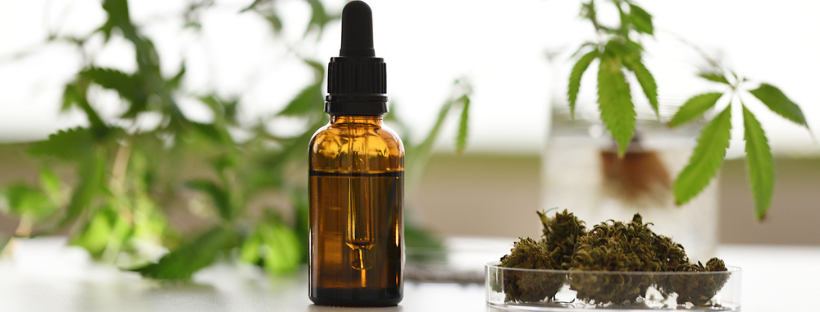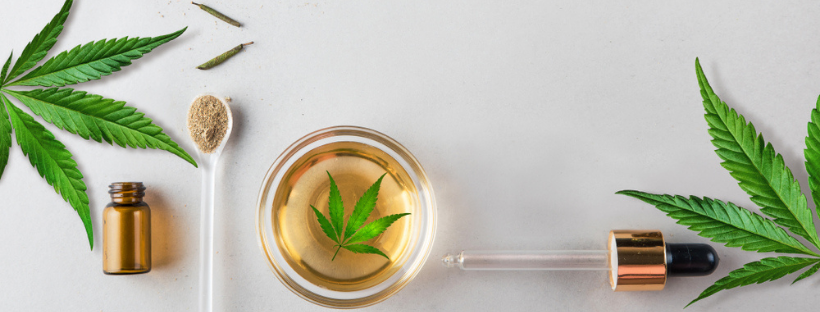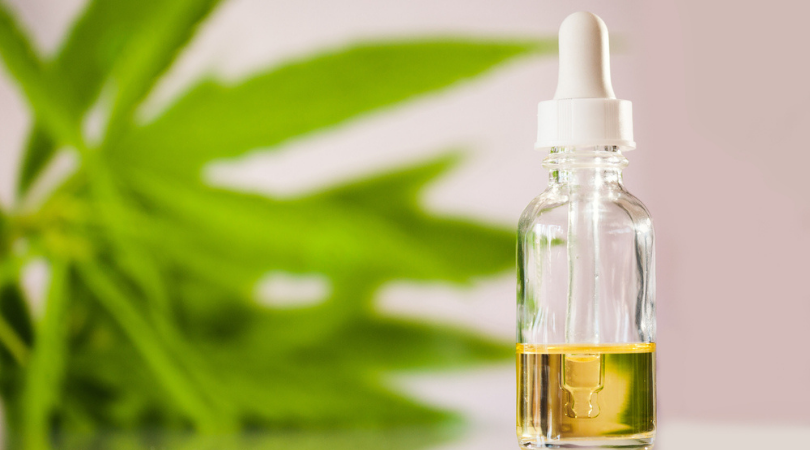CBD
CBD Vs. THC: Why Is CBD Non-intoxicating?
When most people think of cannabis, they think of its intoxicating effects and ability to get you high. Because of this, learning that CBD is not intoxicating can be a surprise to some. To better understand why CBD is non-intoxicating but THC is, continue reading.
Cannabinoid Basics
Before you can understand why CBD is non-intoxicating, you need some basic knowledge of cannabinoids. Both THC and CBD are cannabinoids, which means that they interact with the body’s endocannabinoid system.
The endocannabinoid system (ECS) is one of the systems in the human body that helps maintain homeostasis or balance. The ECS affects numerous bodily functions, including reward and motivation, sleep, reproduction, cardiovascular function, appetite, pain, stress, and energy metabolism.
The system features molecules that are messengers the body synthesizes. It also features receptors that the molecules bind with. Some enzymes break down the molecules.
When it comes to cannabinoids, THC and CBD are phytocannabinoids. That name means that cannabinoids are not produced by the body, and they are also called exogenous cannabinoids. Those produced by our bodies are called endocannabinoid, hence the name “endocannabinoid system.”
How THC and CBD Interact With the ECS
The reason that CBD is non-intoxicating comes down to its interactions with the endocannabinoid system. Similarly, THC is intoxicating because of its interactions.

THC’s Interactions
When you consume THC, it activates the cannabinoid receptor called CB1. This receptor is connected to intoxication. The various effects produced by consuming THC come from the fact that the cannabinoid activates this receptor. The euphoric feelings come from the reward pathway in the brain, while many other effects come from increased blood flow to your prefrontal cortex, which is the part of the brain that controls executive functions like decision-making and motor skills. Of these, the way that THC activates the reward pathway plays a significant role in both intoxication and euphoria.
Experts have also noticed that the way THC interacts with CB1 receptors is similar to the neurotransmitter anandamide. This neurotransmitter is called “the bliss molecule.” Based on animal studies, we know that anandamide can boost appetite and give you more pleasure when eating. It also affects pain, motivation, and memory.
CBD’s Interactions
CBD does not activate the CB1 receptor in the ECS as THC does. Instead, it does the opposite and interferes with its activity. The fact that it inhibits the receptor responsible for THC’s intoxicating effects is why CBD is non-intoxicating.
CBD Can Reduce the Intoxicating Effects of THC
Because of the different ways in which they interact with the CB1 receptors in your brain, CBD can reduce the intoxicating effects that you notice after consuming THC.
Remember that CBD inhibits the ability to bind with CB1 receptors. THC produces its intoxicating effects because it activates those receptors. Essentially, CBD counters some of the effects of THC by reducing its ability to bind to those CB1 receptors.
Most people who consume CBD along with THC will say that CBD can decrease the negative side effects they would otherwise notice with THC. For example, it can decrease the short-term memory issues and anxiety some people experience when consuming cannabis.
There have already been several scientific studies supporting that this is the case. That said, experts agree that we still need more research to confirm that CBD minimizes the effects of THC and why.
Even with the need for more evidence, it is still a well-accepted recommendation to consume some CBD if you accidentally have too much THC.
Other Cannabinoid Interactions in the Body
It is important to note that CBD and THC interact with more than just the body’s CB1 receptors. We know that CBD affects at least 12 sites in the brain. Early research shows that CBD may enhance certain effects of THC. That is why there is some overlap in why people choose to consume CBD and THC.

The Entourage Effect
When talking about the way that cannabinoids interact with the body, it is also worth mentioning the entourage effect. This refers to the way that consuming various naturally occurring compounds from cannabis can enhance the effects of each. In other words, consuming both CBD and THC will lead to more significant effects than the sum of its parts.
The entourage effect also applies to other cannabinoids and terpenes. That is why CBD products containing small amounts of CBG, CBC, and CBN, all of which are also cannabinoids, are so popular.
A Note on Intoxicating Vs. Being Psychoactive
When discussing CBD, you will frequently hear the terms psychoactive and intoxicating used interchangeably, but there is a very important difference. Any substance is psychoactive if it affects how your brain functions. Because CBD affects the brain, it is therefore psychoactive. Specifically, CBD can interact with the central nervous system and the brain and has been connected to anti-anxiety and anti-seizure properties.
While psychoactivity refers to the ability to affect your brain’s function, intoxication refers to a specific type of effect produced. Specifically, that is the effect we typically call the “high” from consuming cannabis as it intoxicates you by interfering with your executive functioning.
Conclusion
Most people associate cannabis with its intoxicating effects. While THC produces those effects, CBD doesn’t, and the difference comes down to how they interact with the endocannabinoid system. THC activates the CB1 receptors in this system, triggering the intoxicating effects it is known for. On the other hand, CBD inhibits this receptor. That means that it does not produce intoxicating effects. CBD takes this a step further and can reduce the intoxicating effects of consuming THC. That is why many people suggest consuming some CBD if you accidentally consume more cannabis than you intended to.
This means that if you want to enjoy the flavor and other effects of cannabis but don’t want to feel intoxicated, you may want to consider consuming CBD instead of the full plant. It is also a good reason to keep some extra CBD on hand when trying a new marijuana strain that is particularly potent.


